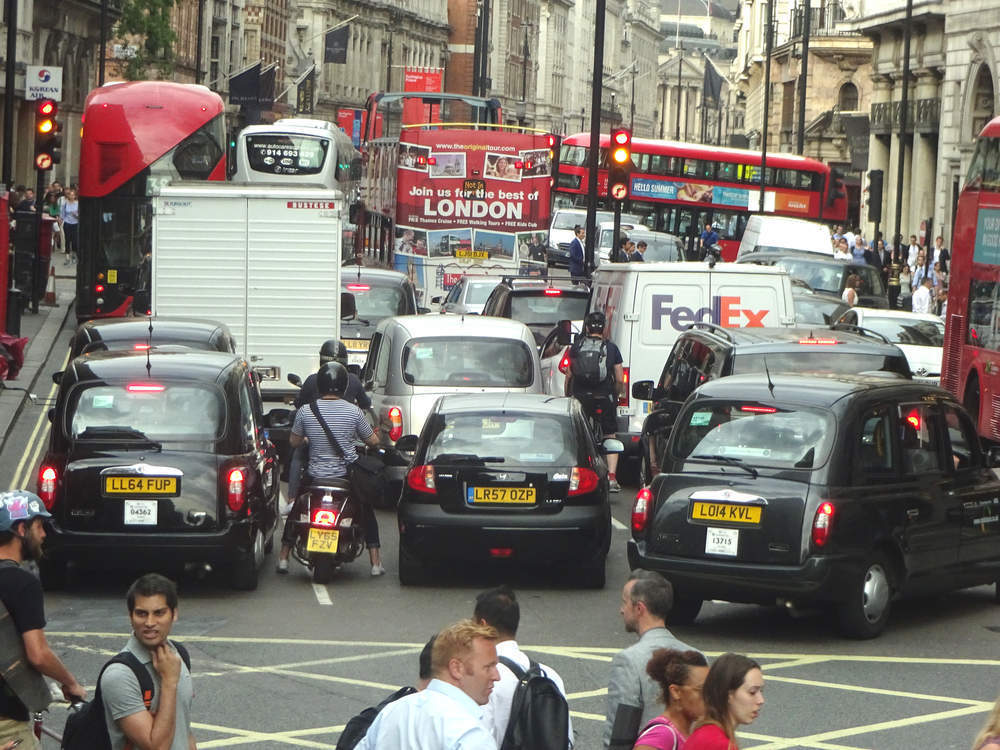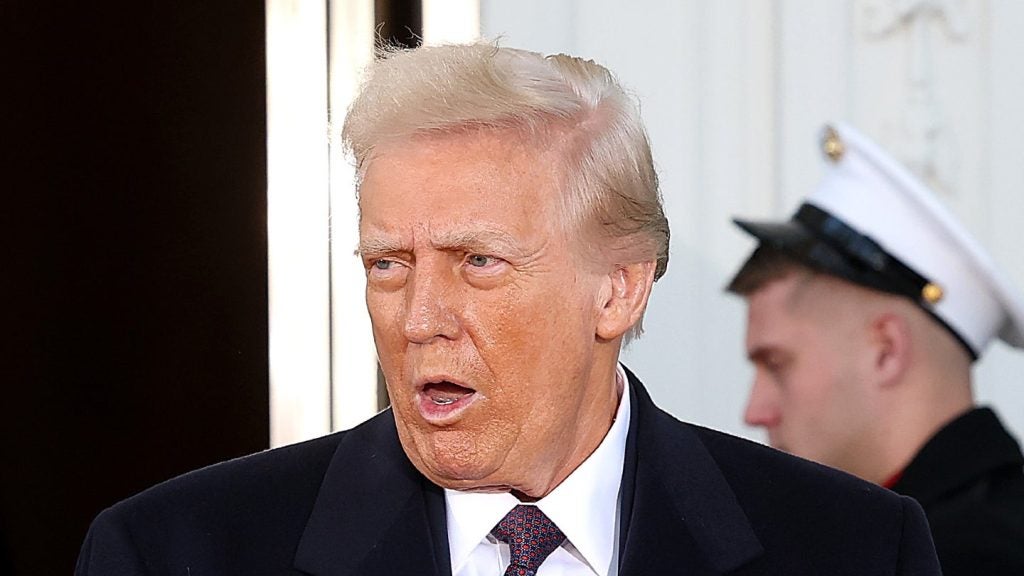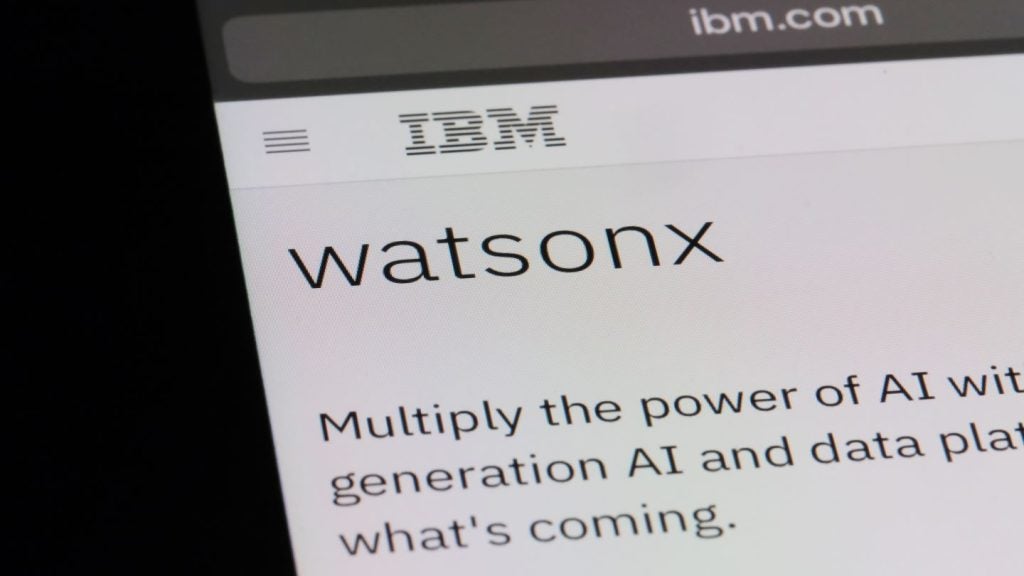
To drive in central London, owners of older, more polluting vehicles will be charged £21.50, almost twice as much as other motorists, the capital city’s mayor Sadiq Khan announced this morning.
Khan’s £10 T-Charge will impact as many as 34,000 motorists a month who own diesel and petrol vehicles registered before 2006.
The scheme to tackle air pollution in London, which some argue will “disproportionately penalise London’s poorest drivers,” affects those using their cars between 7am to 6pm in the existing congestion charge zone on weekdays.
They will have to pay the T-Charge on top of the £11.50 Congestion Charge.
Motorised tricycles and quadricycles that are subject to the Congestion Charge are affected, while motorcycles are not subject to the T-Charge.
The measure, enforced from today onwards, comes after Britain’s High Court ruled that the UK government’s efforts to combat air pollution did not comply with European Union (EU) rules on nitrogen dioxide limits.
How well do you really know your competitors?
Access the most comprehensive Company Profiles on the market, powered by GlobalData. Save hours of research. Gain competitive edge.

Thank you!
Your download email will arrive shortly
Not ready to buy yet? Download a free sample
We are confident about the unique quality of our Company Profiles. However, we want you to make the most beneficial decision for your business, so we offer a free sample that you can download by submitting the below form
By GlobalDataThe 2005 “Euro 4” European directive regulates vehicle emissions across the 27 EU countries.
Of 1,053 adults surveyed in a YouGov poll published ahead of Khan’s announcement on Monday, 74 percent strongly or tended to support the T-Charge.
Speaking on the Today programme, Khan said:
We’ve got a health crisis in London caused by the poor quality air.
“Roughly speaking each year more than 9,000 Londoners die prematurely because of the poor quality air. Children in our city whose lungs are underdeveloped, with adults who suffer from conditions such as asthma, dementia and strokes directly caused by poor quality air,” he added.
However, Simon Birkett, from the campaign group Clean Air London, is critical of Khan’s T-Charges, arguing that they are too limited in their scope.
The Mayor has pledged in his manifesto to restore London’s air quality to legal and safe limits and that means he has to do a whole lot more.
“We want him to take steps which are bigger, stronger an smarter,” he added.
Khan said that the introduction of T-Charges are “part of a package of measures” — an £875m program to address air pollution in the UK capital.
The mayor’s office hopes to introduce an Ultra Low Emission Zone (ULEZ) in 2019 which will further tackle air pollution in London.
Almost 9,500 people in London die prematurely every year because of long-term exposure to air pollution, according to a 2015 study by researchers at King’s College London.







